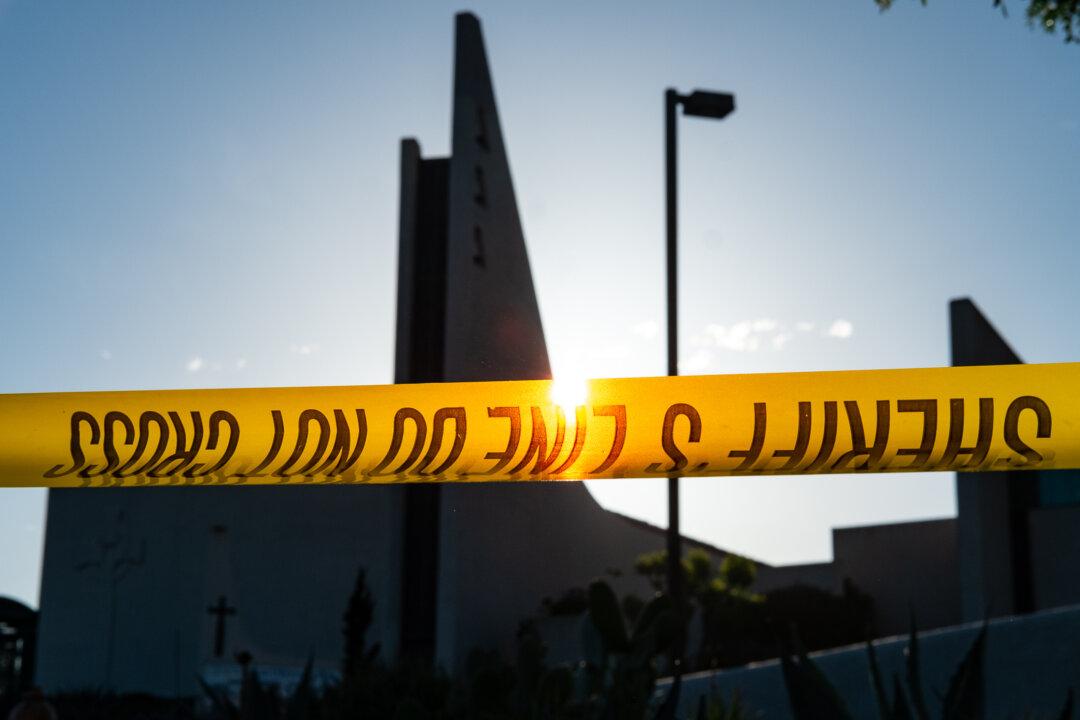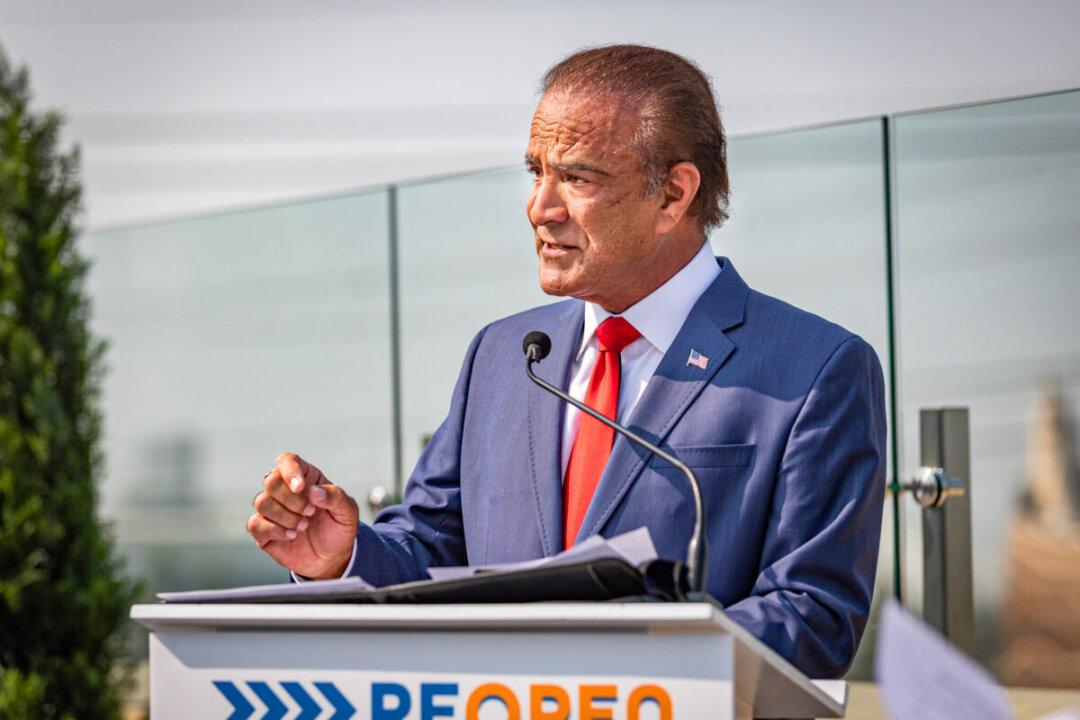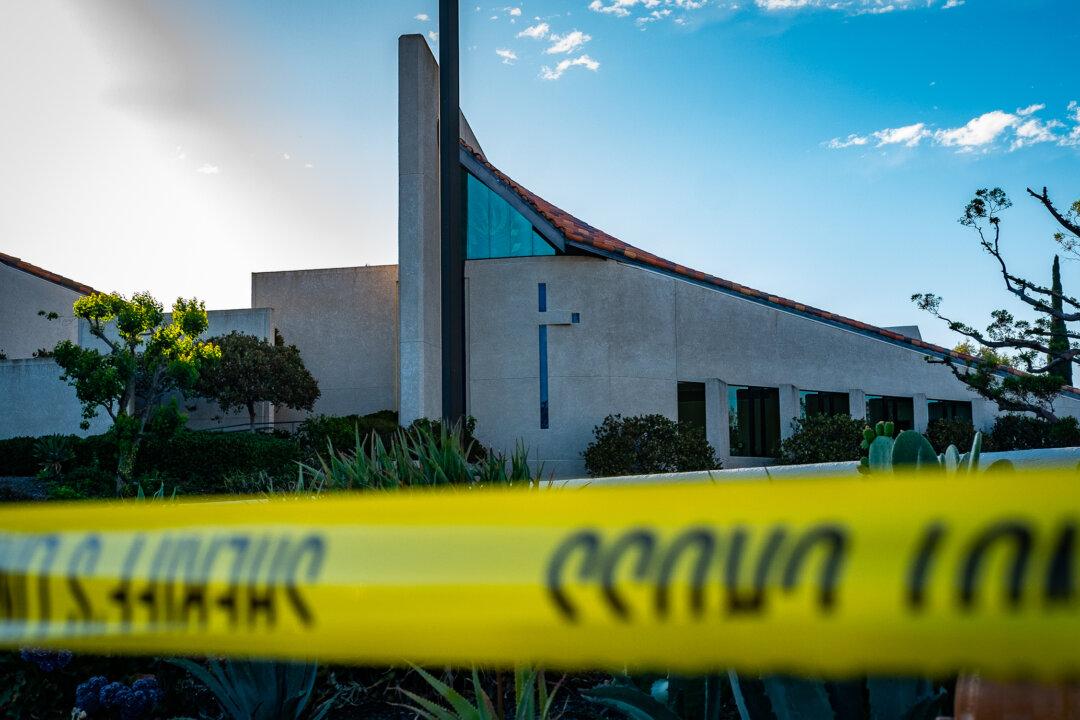As crowds began rushing into Disneyland during its April 30 reopening, the crush of visitors could be felt far beyond the park’s green gates.
The businesses surrounding the Anaheim, California, amusement park say they’re beginning to feel a reprieve following a 15-month, pandemic-induced tourism drought. With the reopening of Disneyland, the city itself says it’s optimistic it will see a full recovery by 2022.




